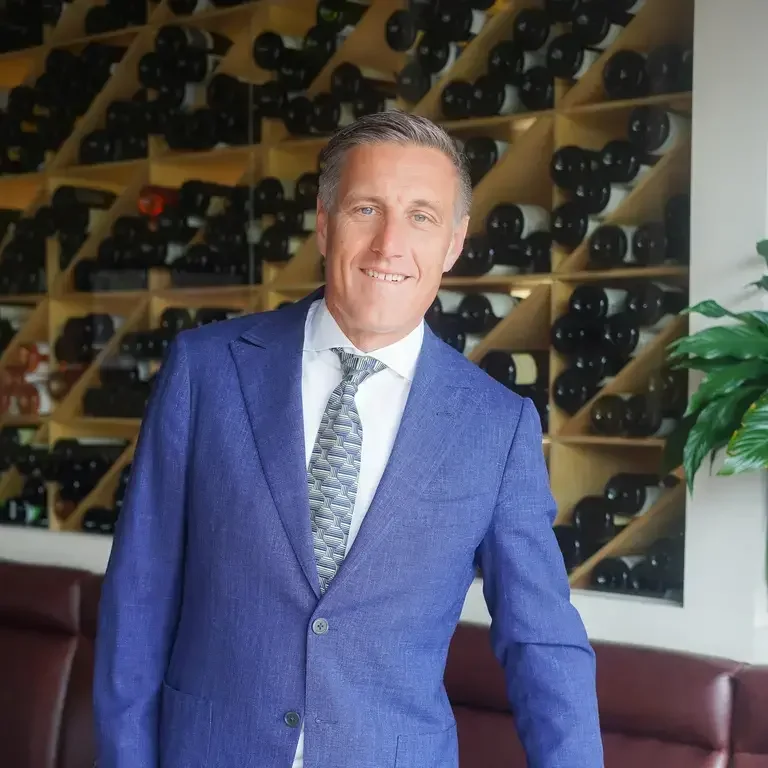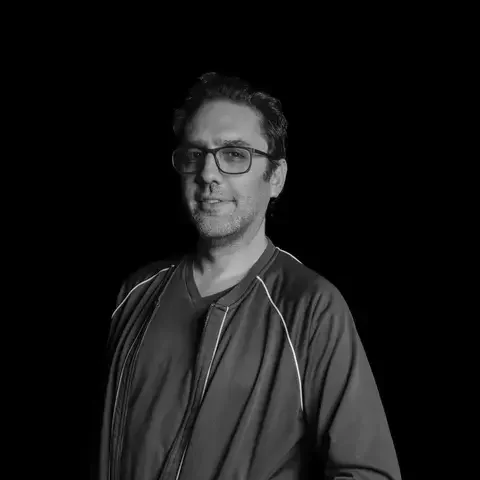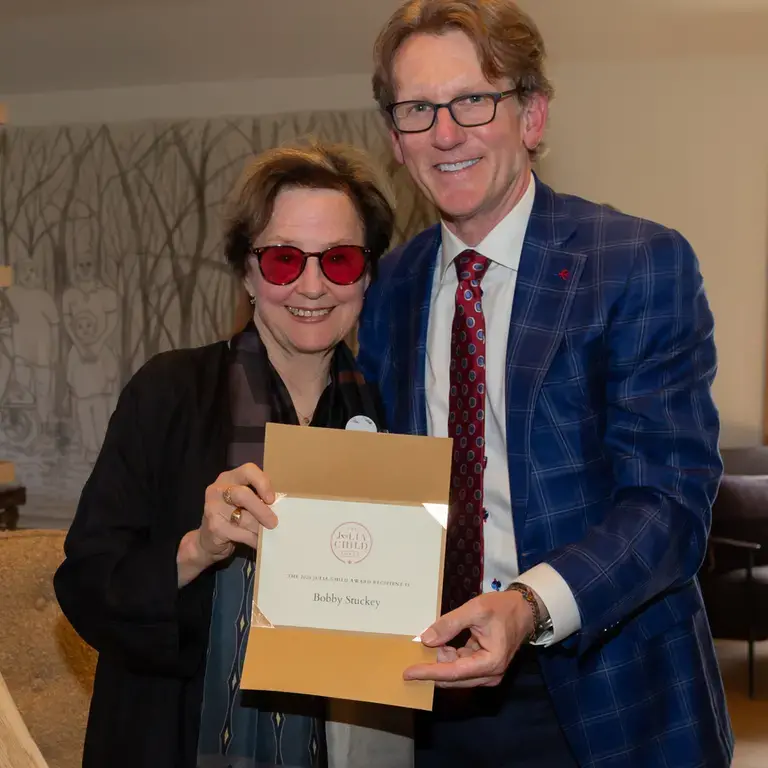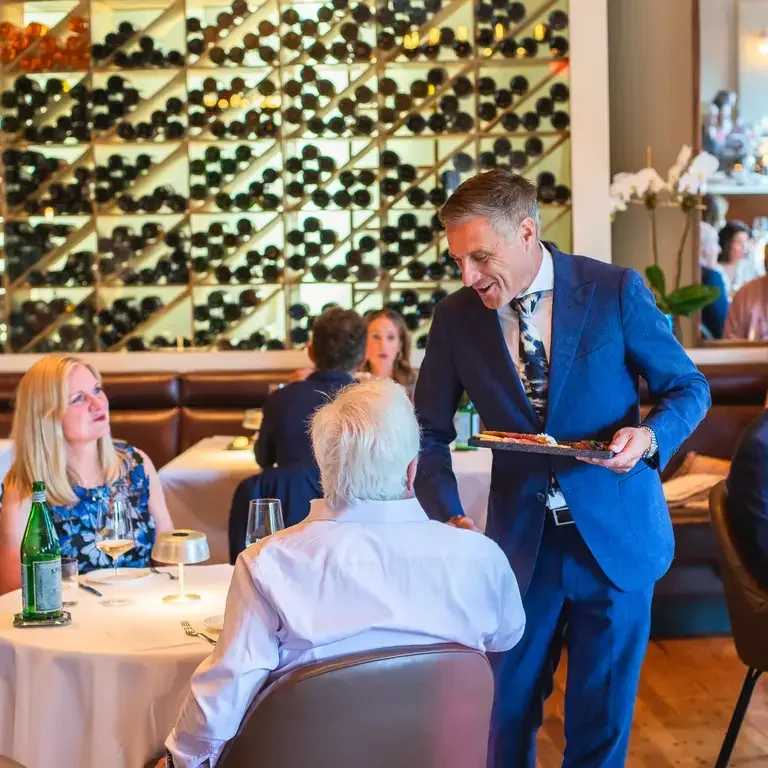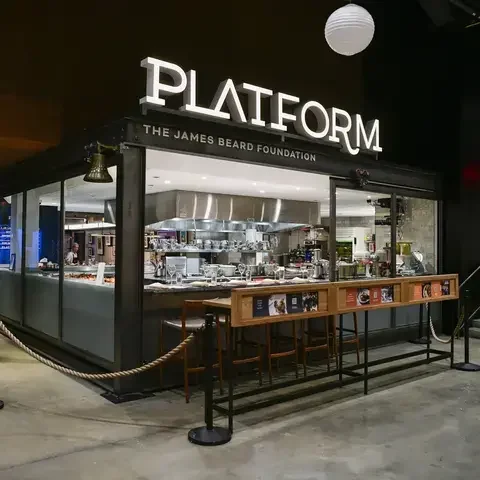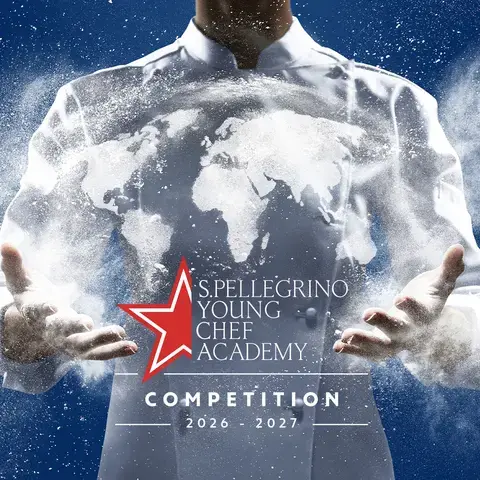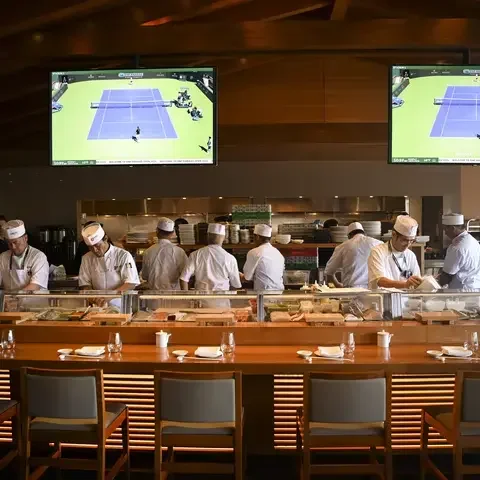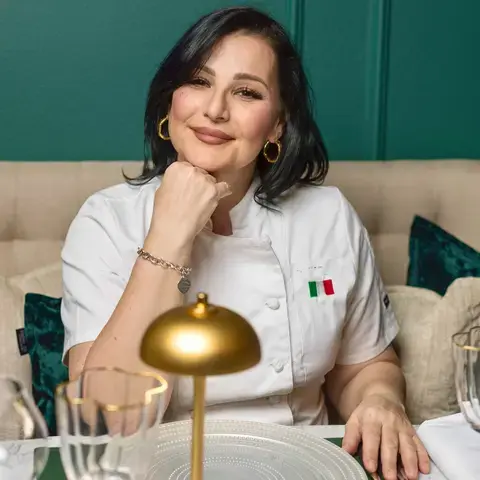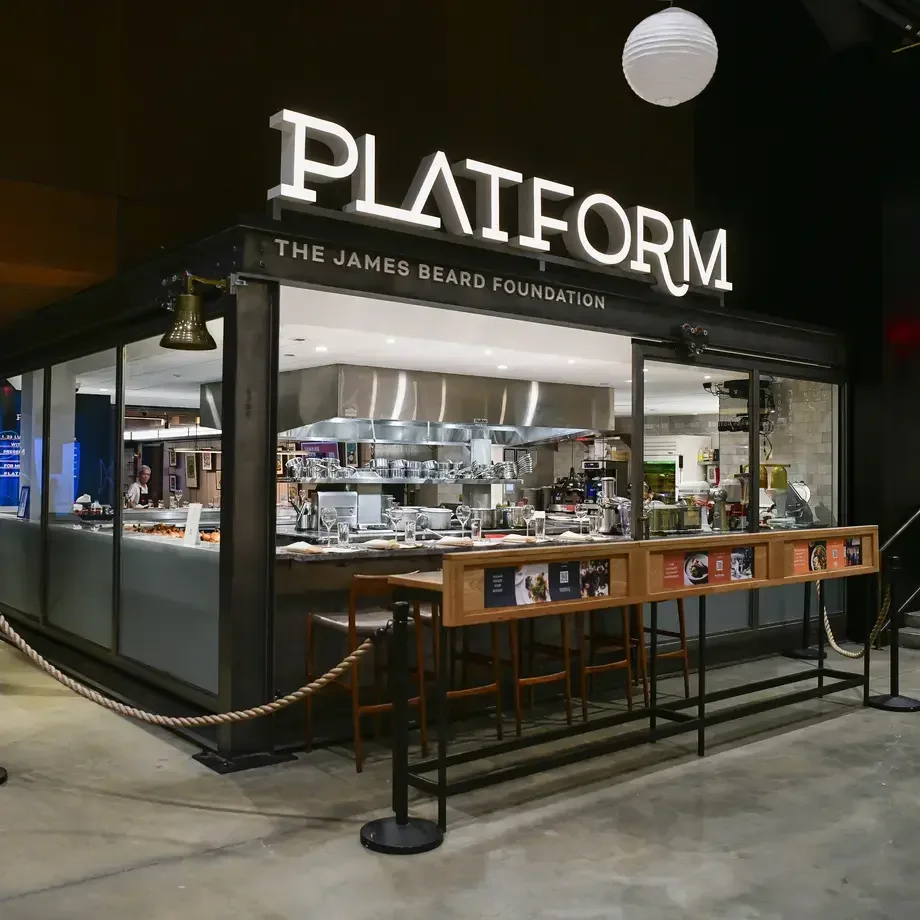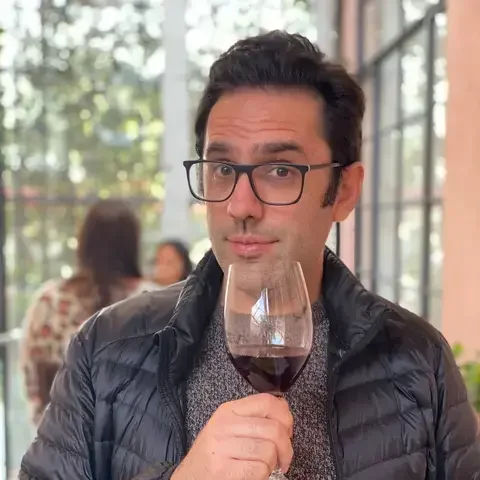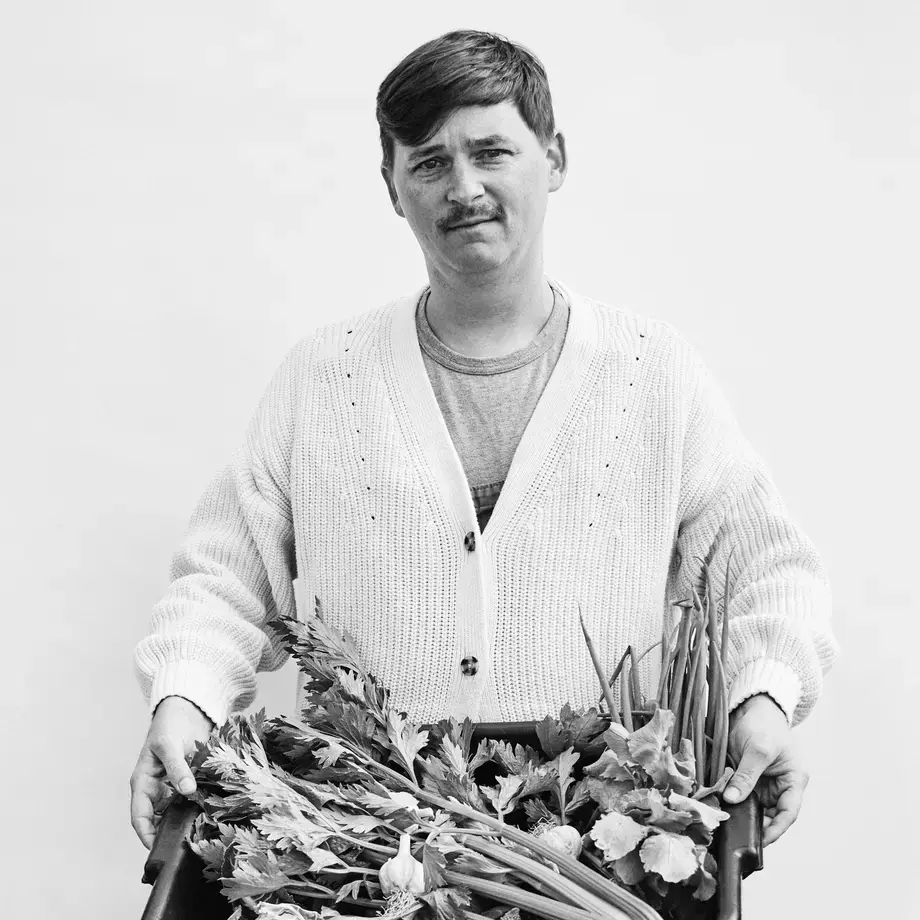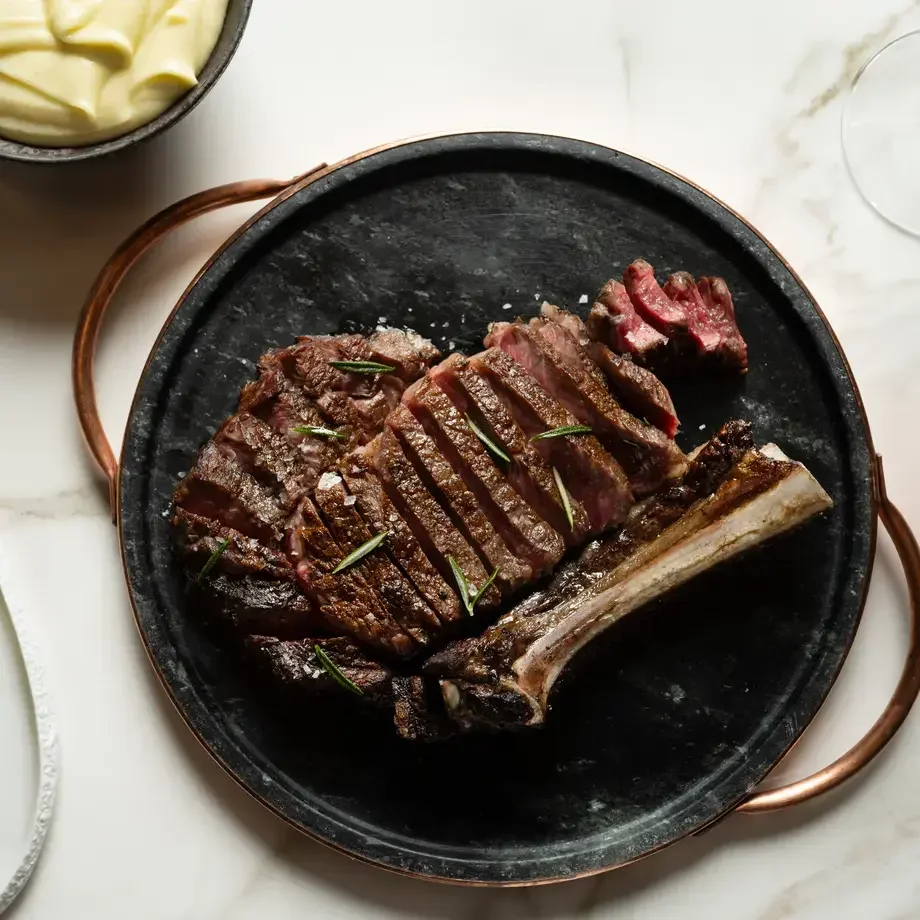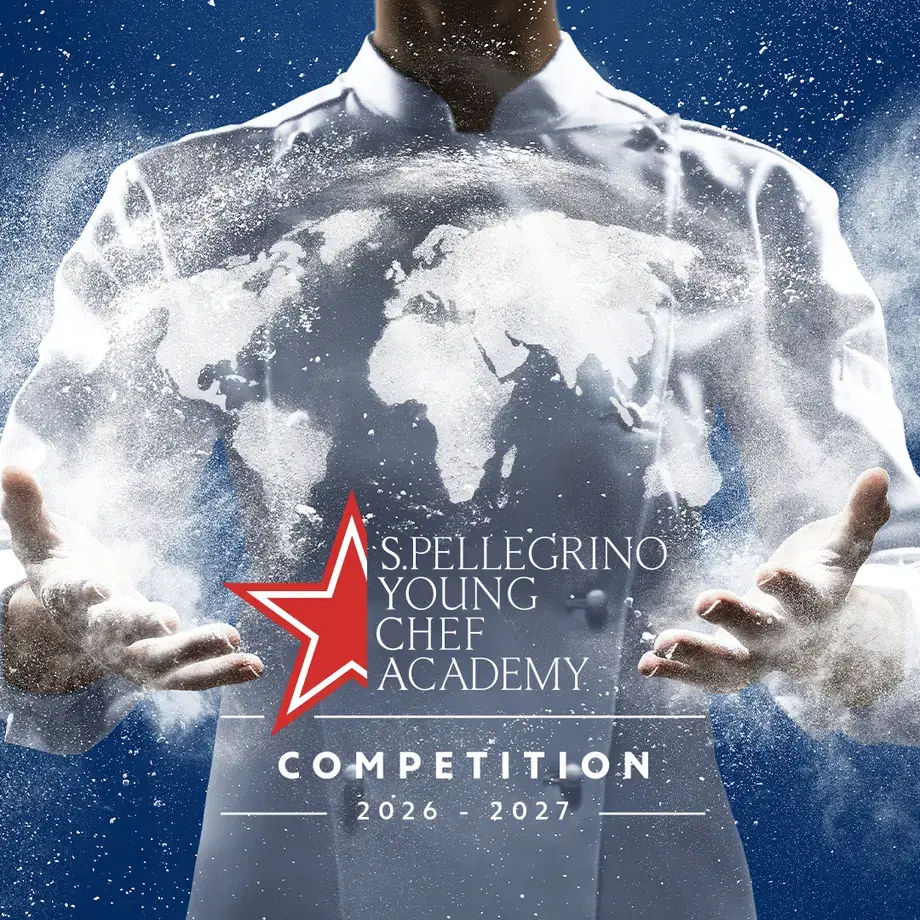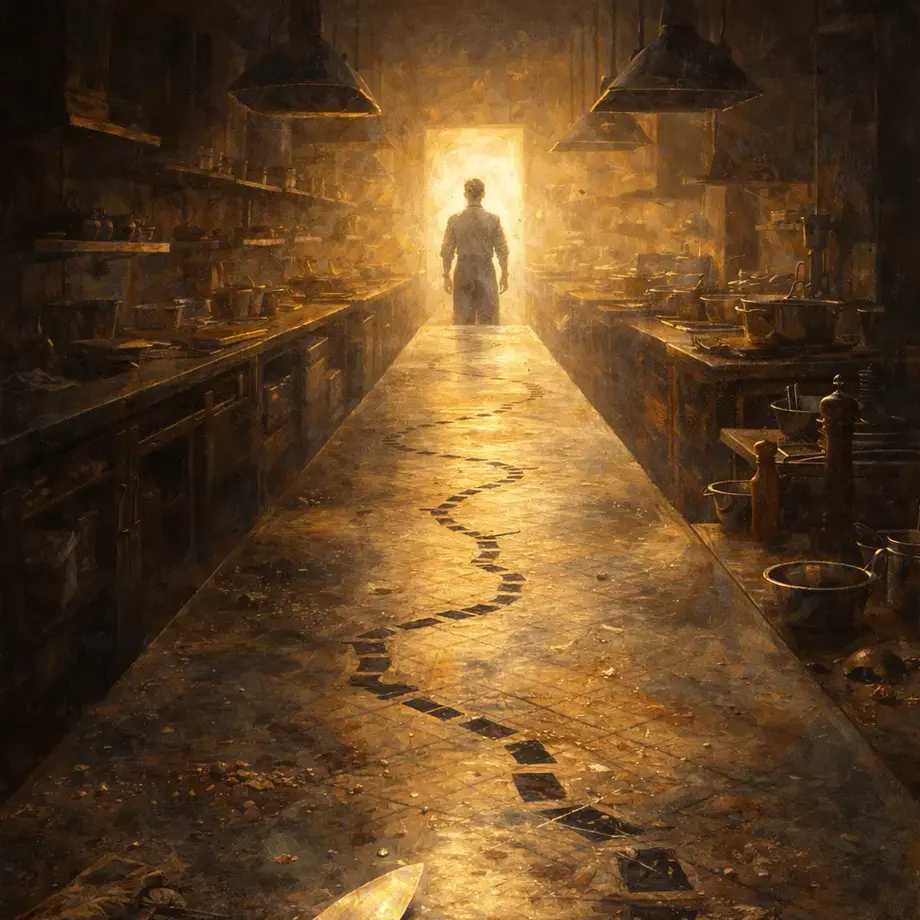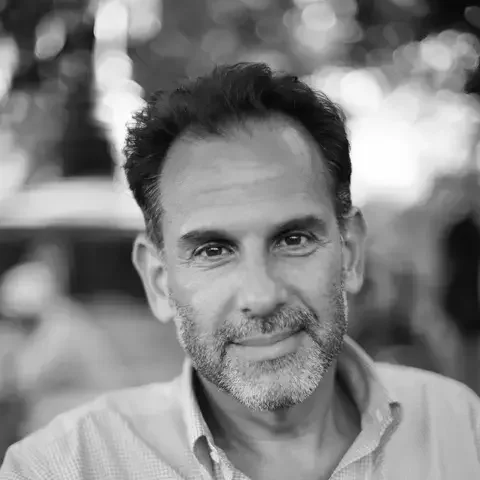Bobby Stuckey was still catching his breath. Less than 48 hours after returning home from the James Beard Awards—where Frasca Food and Wine was named Outstanding Restaurant—he was already back on the floor, running service. No office, no entourage, no distance from the action. Just a Master Sommelier in a pressed shirt, doing what he’s done for nearly four decades: taking care of people.
That’s always been the drug for Stuckey. Not the press. Not the power. Not even the prestige of receiving two of the industry’s highest honors in the same year—the Julia Child Award, and now, Outstanding Restaurant Presented by Acqua Panna® Natural Spring Water.
“It’s so overwhelmingly emotional,” he says. “To be a 21-year-old restaurant is a big responsibility. We have a lot of people’s memories. We have a lot of employees’ incredible hard work over the decades. Even if they don’t work for us anymore, we still stand on their shoulders.”
But beneath the joy of recognition was something else, something heavier. Stuckey, one of the country’s most decorated and respected hospitality figures, isn’t basking in the glow. He’s looking squarely at the cracks in the foundation. And he’s sounding an alarm few others in his position have dared to say aloud.
A Double Honor, Years in the Making
The call came on an ordinary afternoon. Stuckey was seated at Table 10 at Frasca Food and Wine—his makeshift office—when an old regular, a guest he’d served for three decades, asked to hop on a Zoom. Stuckey figured it was a typical request: restaurant recommendations in Italy, maybe wine pairing advice. Instead, the man, now on the board of the Julia Child Foundation, asked if he was in a private place. Then he told him he’d been selected as the eleventh recipient of the Julia Child Award.
“I was so caught off guard,” Stuckey says. “He told me not to tell anyone. Not even my mom. The only thing I was allowed to do was tell them what charity I wanted the foundation to donate to. I was like, what?”
For Stuckey, the recognition wasn’t just personal, it was generational. He’d served Julia Child at both The Little Nell and The French Laundry. His mother, a passionate home cook turned caterer, had modeled her cooking and joy for food after Child’s example. “She was so much a part of my youth, and then my early and mid-career. So it was really exciting.”
The Julia Child Award came just weeks before Frasca Food and Wine received another crowning achievement: the James Beard Foundation Award for Outstanding Restaurant. While Stuckey has earned multiple Beard nods over the years—for wine service, for hospitality—this one hit differently.
“We don’t have a lot of legacy restaurants still in that discussion,” he says. For Stuckey, staying in the conversation after two decades isn’t just a badge of honor, it’s a responsibility.
